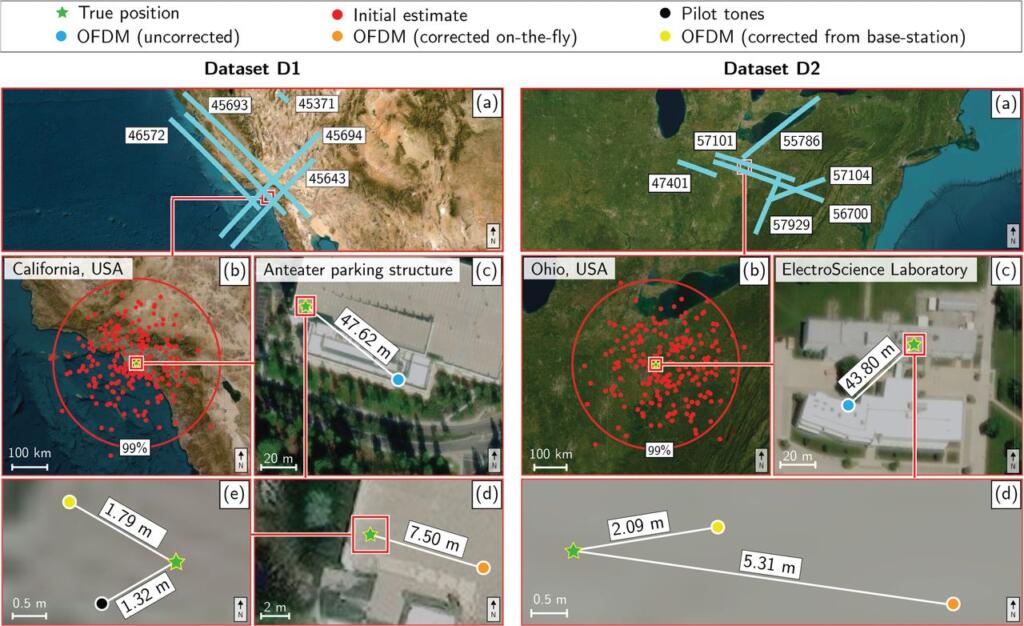Now Reading: SpaceX Seeks FCC Approval to Enhance GPS with Starlink Spectrum
-
01
SpaceX Seeks FCC Approval to Enhance GPS with Starlink Spectrum
SpaceX Seeks FCC Approval to Enhance GPS with Starlink Spectrum

Rapid Summary
- SpaceX submitted a letter to the FCC requesting spectrum access for its Starlink satellites to provide advanced Positioning, Navigation, and timing (PNT) services.
- Starlink satellites have demonstrated up to meter-level GPS accuracy in tests lasting just seconds with nominal resources.
- SpaceX invested important effort into ensuring satellite systems that operate independently of GPS while offering enhanced PNT solutions globally.
- the company seeks a “technology-neutral” approach allowing non-GPS frequencies and satellite orbits for resilient PNT systems, avoiding sole reliance on government mandates.
- Globalstar, another satellite operator, pitched complementary GPS services based on its stronger transmissions compared to conventional systems.
- MSS spectrum allocation by the FCC is key to achieving widespread adoption of these next-generation capabilities.
Indian Opinion Analysis
SpaceX’s proposal emphasizes innovation in developing alternative solutions for resilient navigation without dependency on conventional GPS infrastructure. the claimed efficacy of its technology-demonstrated through low-cost experiments achieving high accuracy-suggests transformative potential for global PNT ecosystems. If implemented universally across devices (including partnerships like T-Mobile), it could improve connectivity and reliability considerably.For India, which already invests heavily in GNSS such as NavIC and looks toward advancing digital navigation tech within business sectors like aviation or agriculture, broader international innovations could strengthen foundational infrastructure capacities further. Collaborative frameworks might also create new opportunities in data-sharing agreements or deploying similar precision-based models domestically.Read More

























